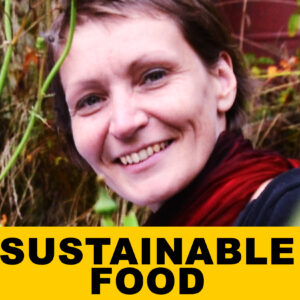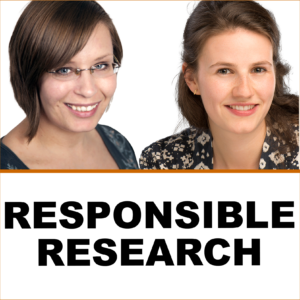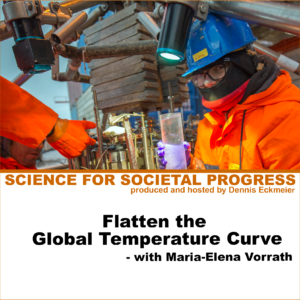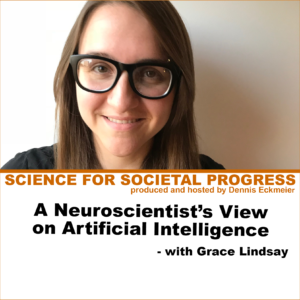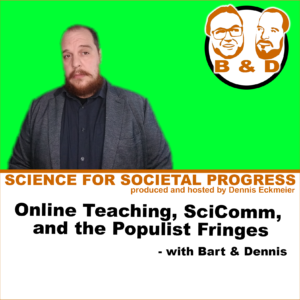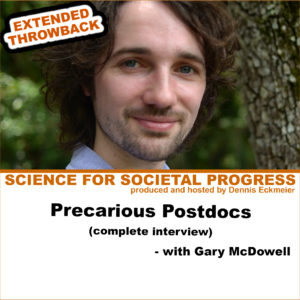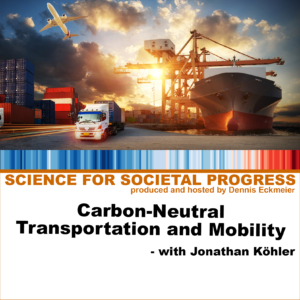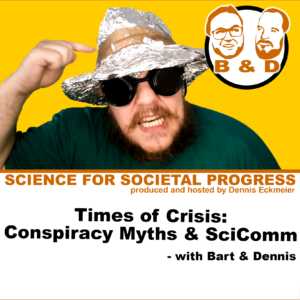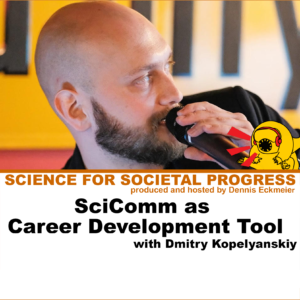Postdocs are, besides graduate students, the main workforce in academic research. Following the PhD, the postdoc position is the only way to follow a research career within academia. Many PhDs around the world are advised to go to the USA for a postdoc – or two – because it is known for its large research output and high-quality research institutes. Around two-thirds of postdocs in the USA are foreign-born.
In this episode, I talk to Gary McDowell, a UK born scientist in protein research who, over the last few years, worked with “Future of Research” to investigate the conditions postdocs in the USA are facing. The situation appears to be far from optimal. And this doesn’t just hurt the postdocs and their families; it also impacts research productivity.
The extended edition of our podcast appears on
Patreon!
about Dennis Eckmeier
Dennis founded Science for Progress. He received a PhD in neuroscience in 2010 in Germany. Until 2018 he worked as a postdoc in the USA, and Portugal. In 2017 he co-organized the March for Science in Lisbon, Portugal. Dennis is currently a freelancer.


